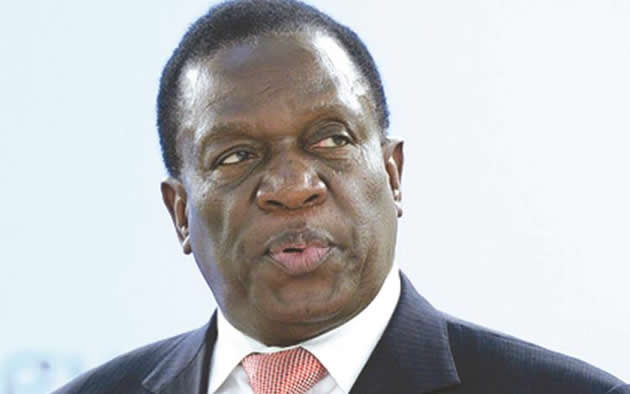Dr Mangudya blasts retailers demanding cash payments

Golden Sibanda Senior Business Reporter—
RESERVE Bank of Zimbabwe Governor Dr John Mangudya has blasted demands for cash payments by certain retailers as an unscrupulous business practice meant to externalise foreign exchange.The central bank governor is on record saying the country lost an estimated $1,8 billion in 2015 alone through the smuggling of foreign currency or illicit financial flows.
According to the African Union, the continent loses between $50 billion and $60 million annually through illicit financial outflows, depriving poor countries of resources that should be channelled to economic development and service provision.
The move to demand cash payments also comes as the number of point of sale transactions nearly doubled to 4 758 in October 2016, as the transacting public continues the shift to electronic payments due to the growing shortage of hard cash in the country.
In line with the growth in the card based transactions, the value of POS purchases increased by 38,7 percent to $190 million in October from $137 million a month earlier, reflecting gradual rise from $36 million since March.
The increase in the number of POS transactions followed the sharp increase in the number of POS machines deployment in the market as well as deployment of POS machines in major retailers and service stations.
And Dr Mangudya said that there was no justification for retailers, service stations and other businesses in Zimbabwe to decline electronic payments for goods and services or offer incentives such as discounts to entice the public to pay in cash.
This comes as some reputable retailers are demanding cash payments for cooking oil purchases arguing that manufacturers were demanding hard cash as well, as “required” by banks to facilitate foreign payments for unprocessed edible oil.
Among the retailers that are demanding payment using hard cash citing similar conditions by manufacturers are giant wholesalers, Mahomed Mussa and Metro Peech. Reports have also implicated big supermarket chain Choppies.
Similarly, some fuel dealers are actually giving discounts for motorists who agree to pay in cash although they are prioritised by banks when importing the fuel. Dr Mangudya said he will issue a statement on these unethical practices.
“There is one major retailer who is doing that (name supplied) and we are aware of it. Their business does not need physical cash and the reason they are doing it is that they do not want the money to go to their bank account,” he said.
The central bank chief added that the culprits of the illegal practice could also be trying to avoid the trail of bank records in order to evade paying taxes due to Treasury. Dr Mangudya said Zimbabwe faces a structural problem due to the US dollar.
He noted that use of the greenback, an international reserve currency being used for ordinary domestic transactions, made it difficult to police its movement internally and its rampant illegal shipment to various offshore places.
However, Dr Mangudya said Zimbabweans strongly prefer continued use of the stable currency, after the unpleasant experiences of the hyperinflationary era, and so monetary authorities needed to make sure it remains the medium of exchange.
Dr Mangudya has led calls for Zimbabweans to use alternative payment systems other than the elusive cash.
This is because the country uses a basket of currencies, dominated by the US dollar, an elusive international reserve currency being used in Zimbabwe for daily transactions.
But due to the mismatch between inflows of hard currency and imports, Zimbabwe faces serious cash or liquidity crisis, having scrapped its inflation-ravaged currency in 2009.
Dr Mangudya said the reason for holding cash was the need to transact and hard cash was only a physical and alternative medium of exchange used to complete truncations. Notably though, Zimbabwe’s largely informal economy still has many instances in which electronic payment facilities are not readily available and people inevitably require physical cash to pay for or acquire goods and services.
Although the cash crisis griping this country has driven card based transactions, it has seen marked decline in the number of transactions carried out on automated teller machines, lowering withdrawal limits due to high demand. ATM transactions plummeted from 101 093 in March to 1 824 in October, as the teller machines constantly run out of cash to meet the huge demand.










Comments